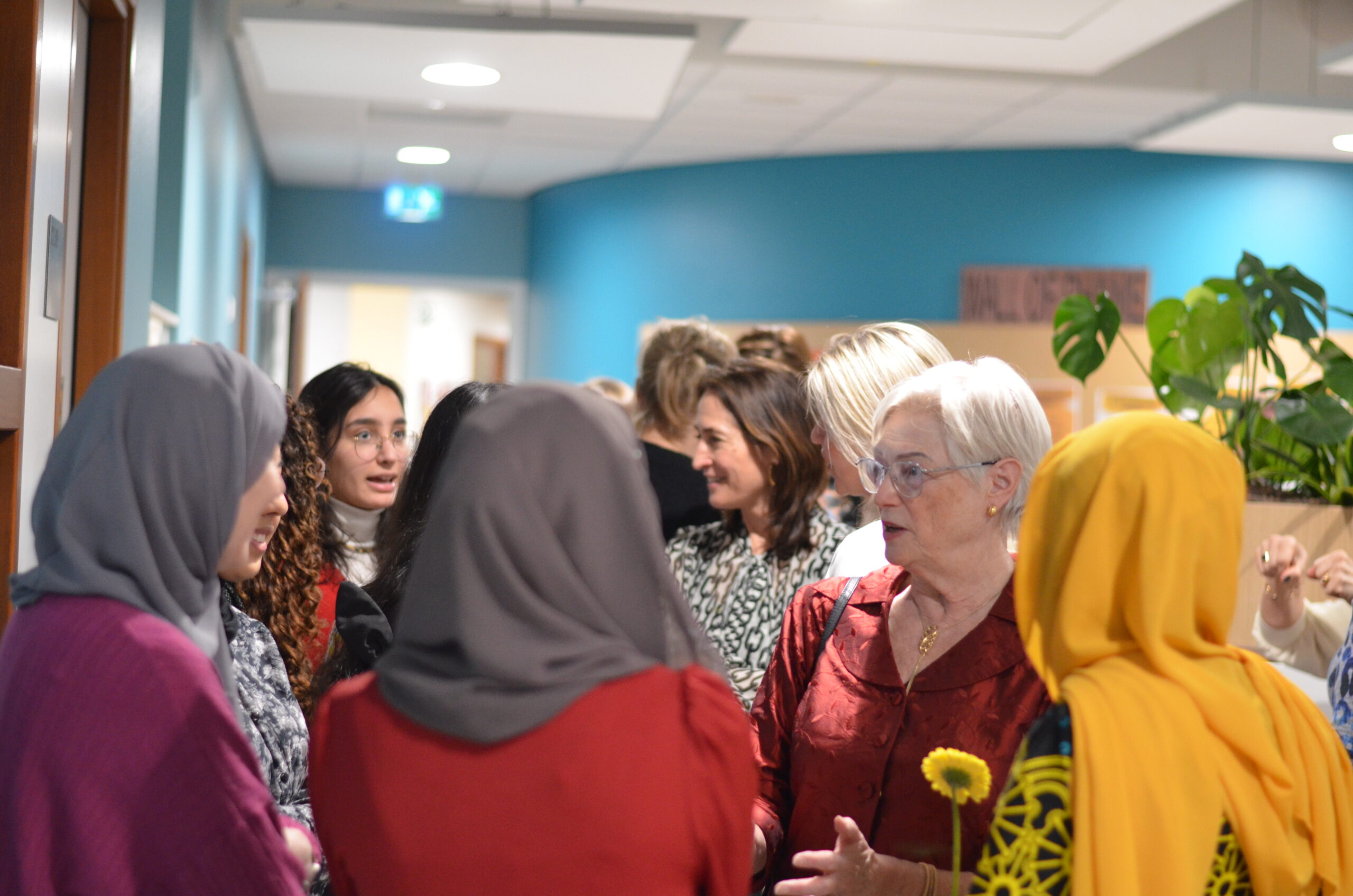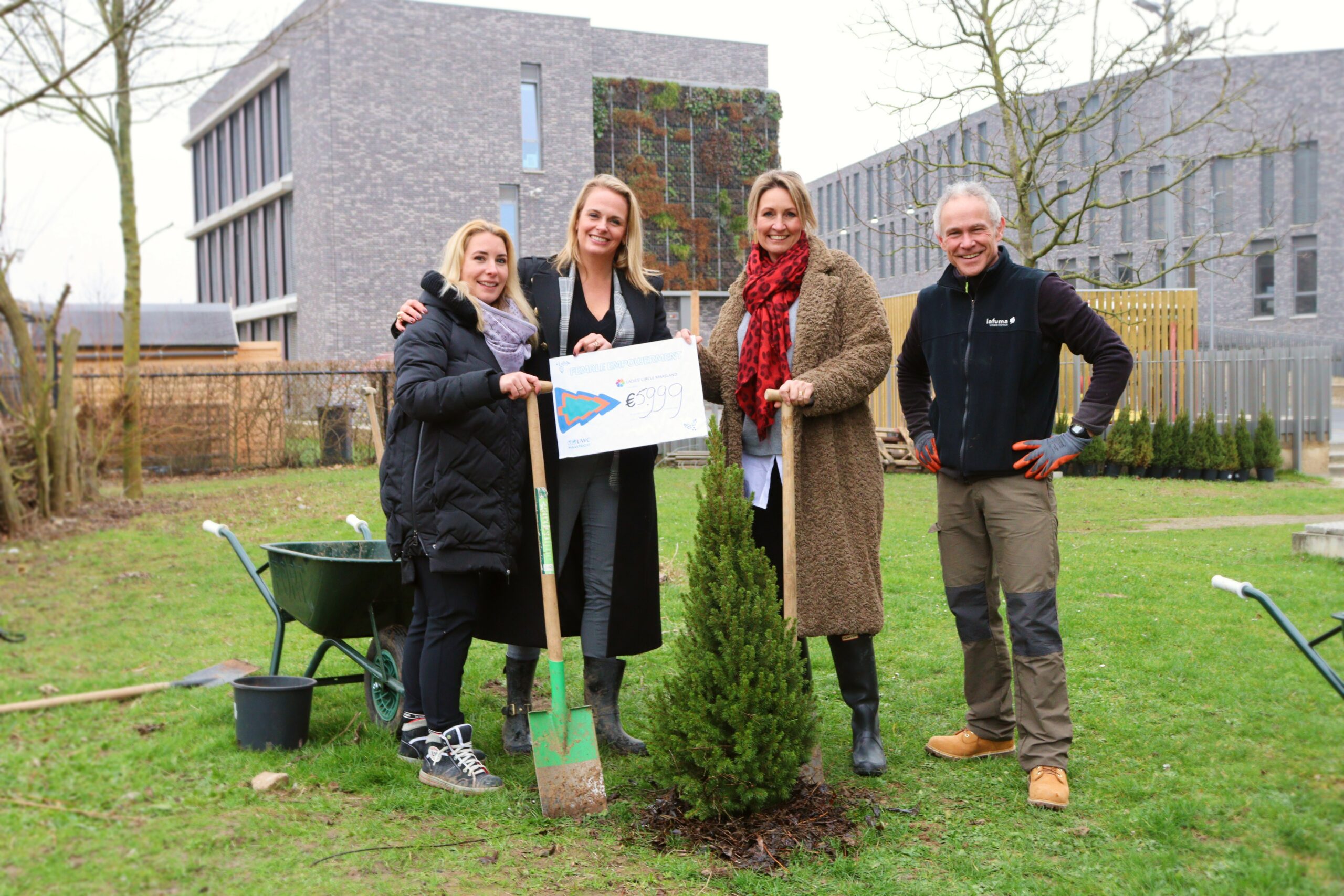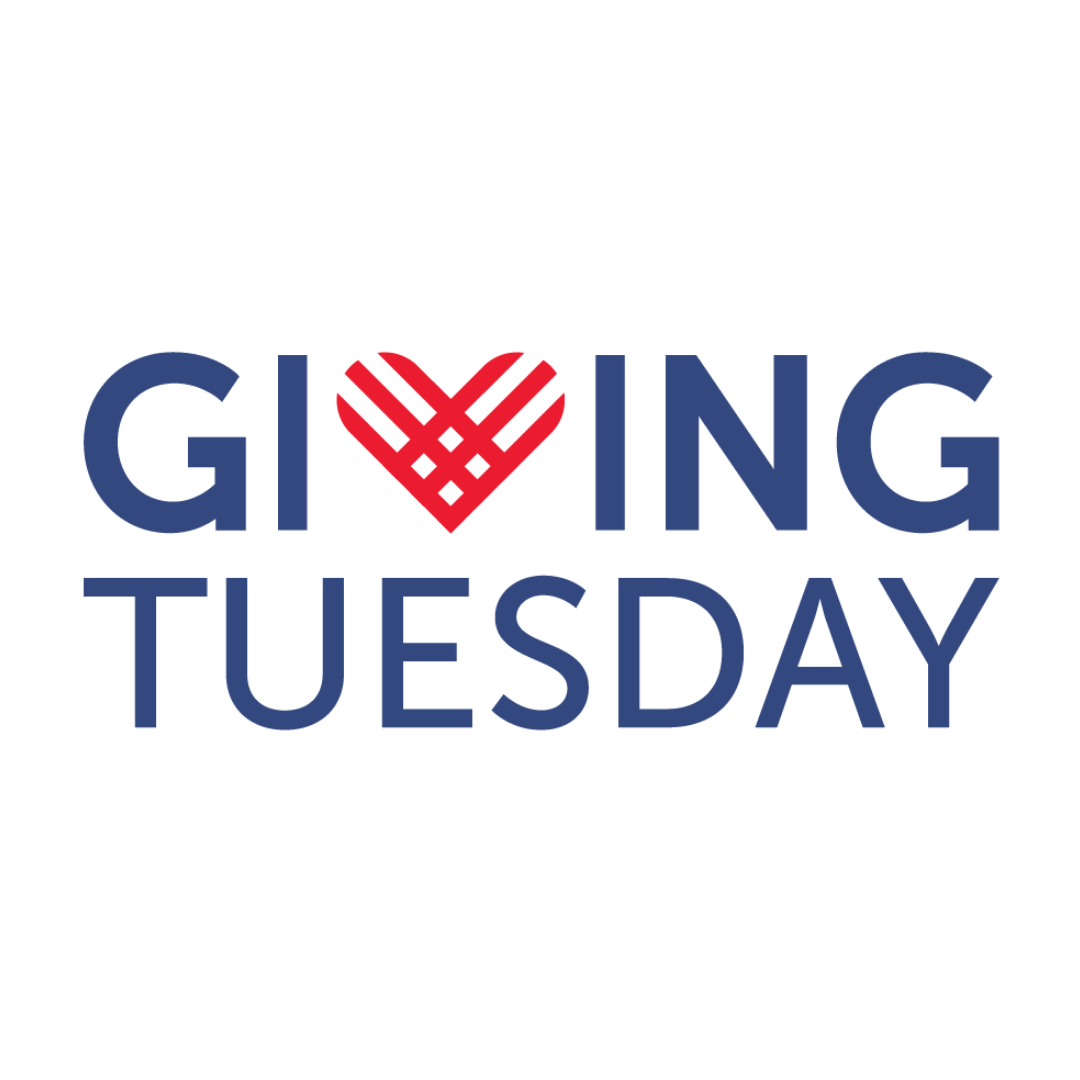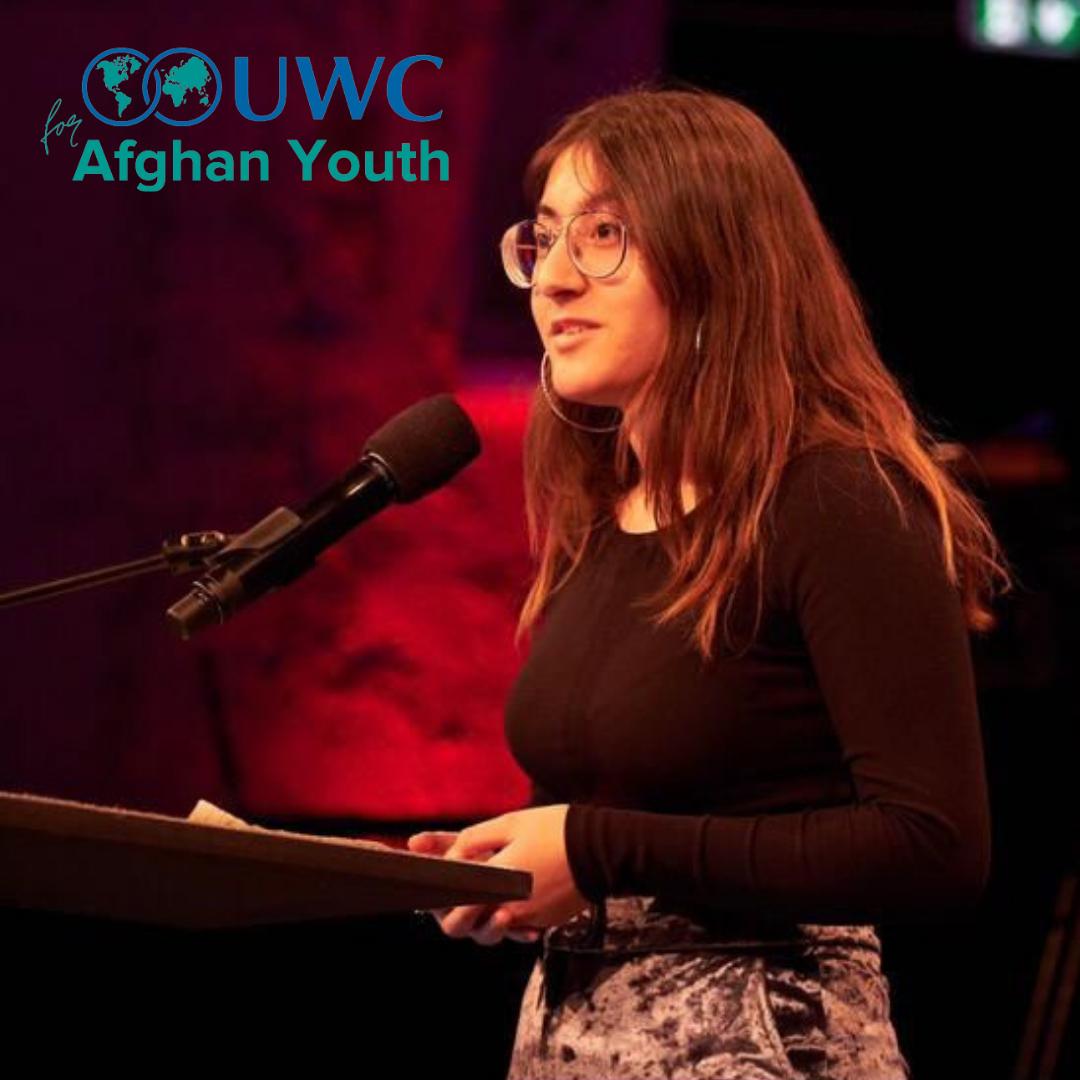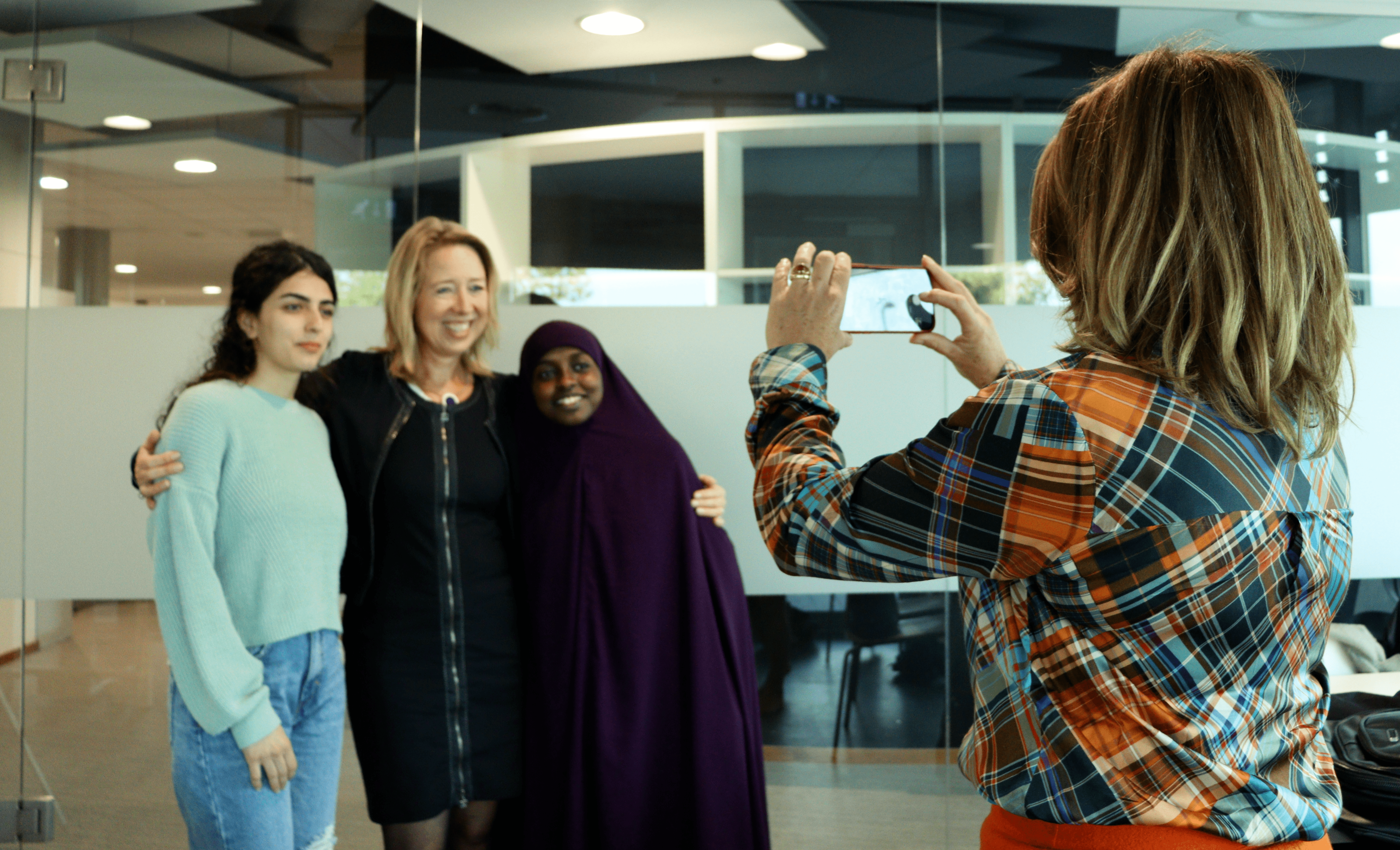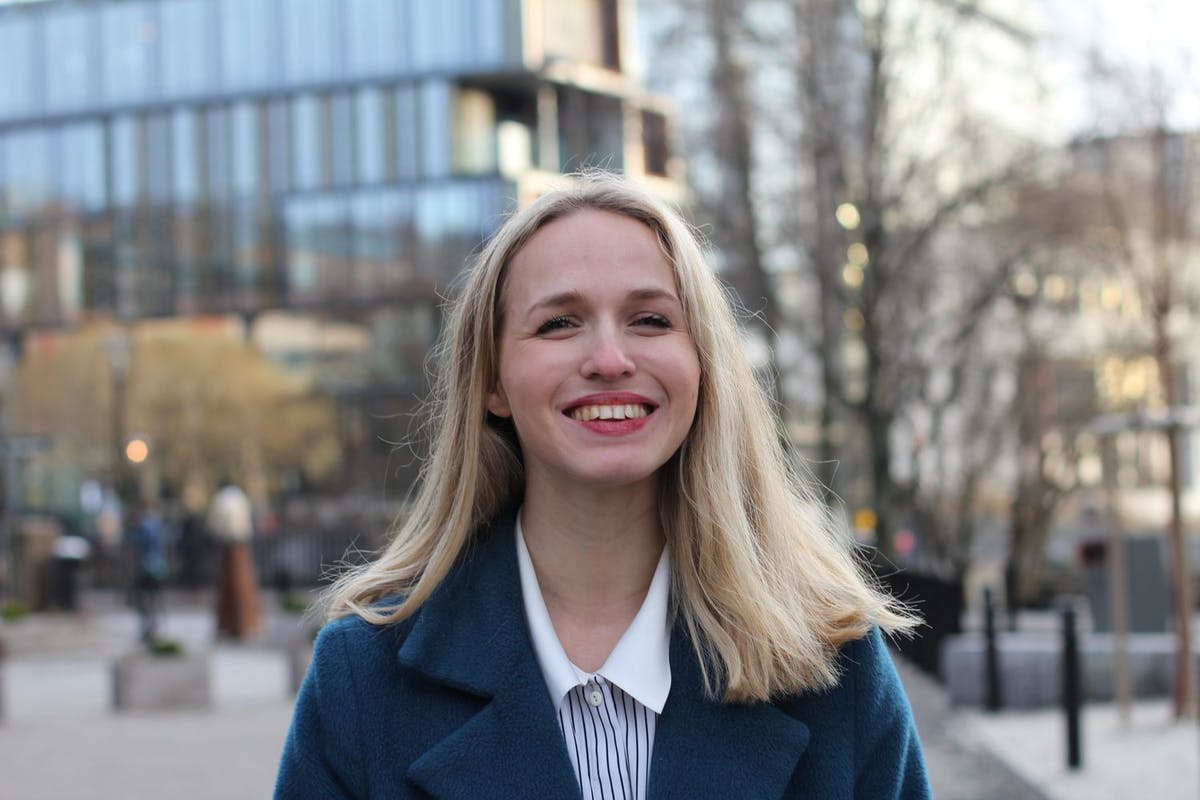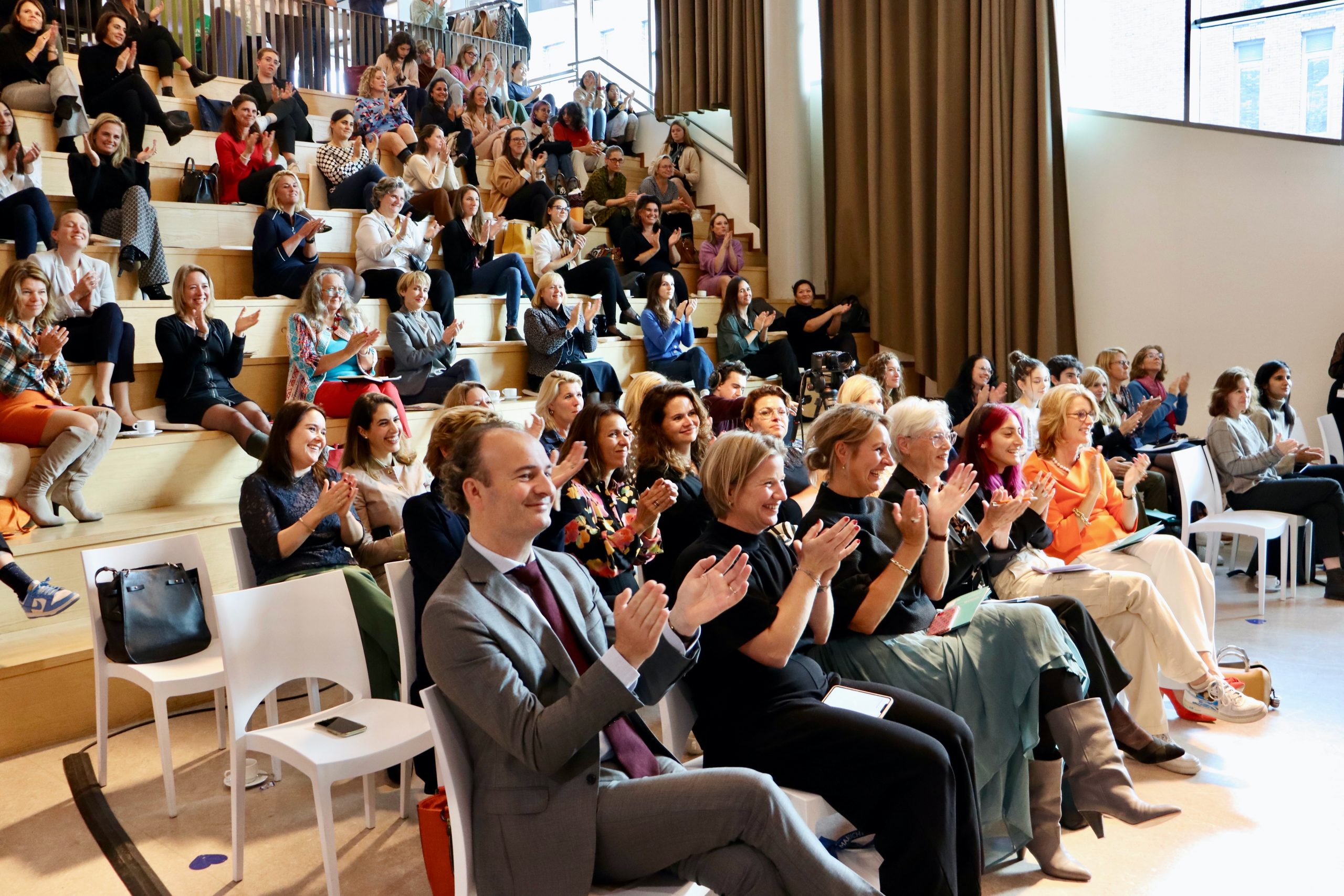05 Apr Paris Marathon to Raise Money for Scholarship
She did it! Kate Doyle, UWC Maastricht Director of Secondary School, ran the Paris marathon and raised money for a scholarship for a student from Ukraine to attend UWC Maastricht! Three other staff members are running marathons too. Support them and the scholarship fund via https://www.gofundme.com/f/scholarship-for-uwc-maastricht “The...




